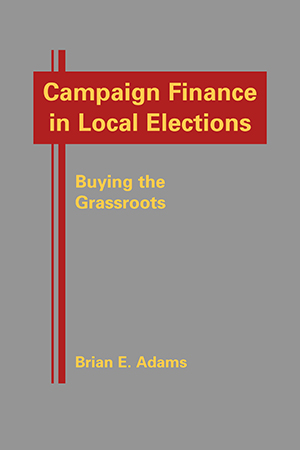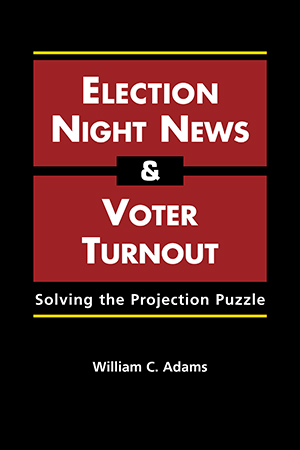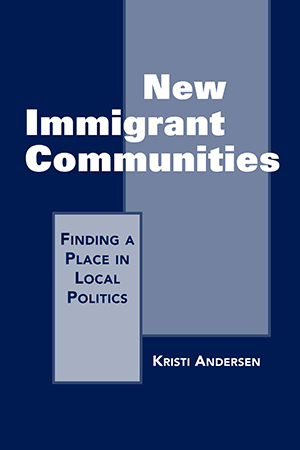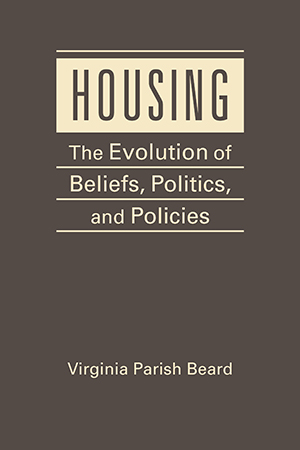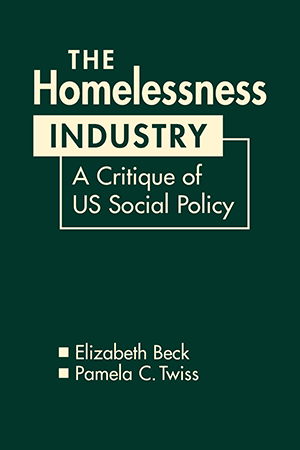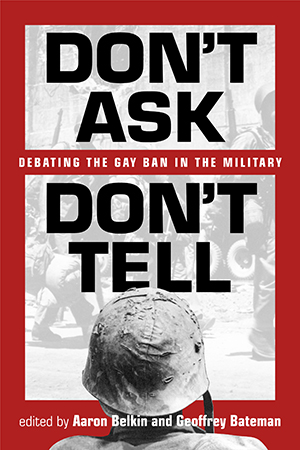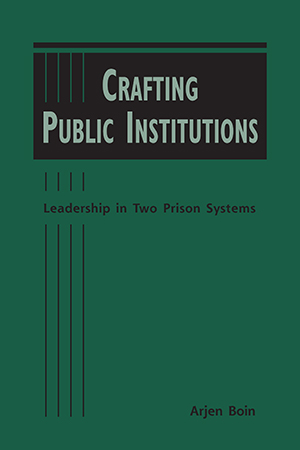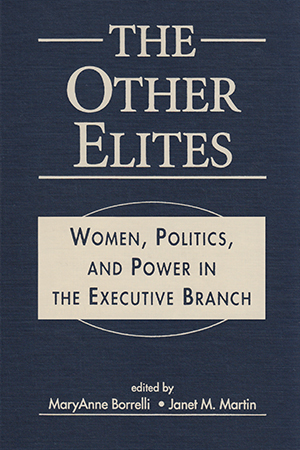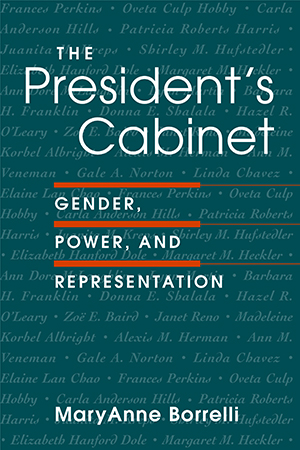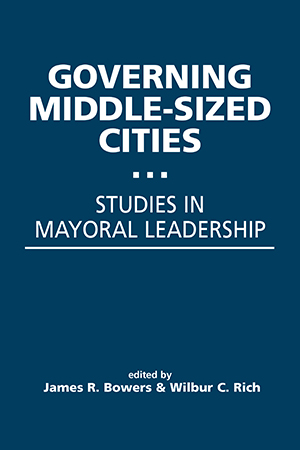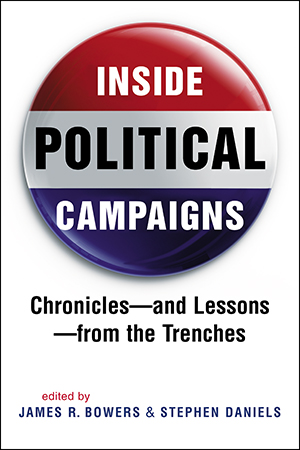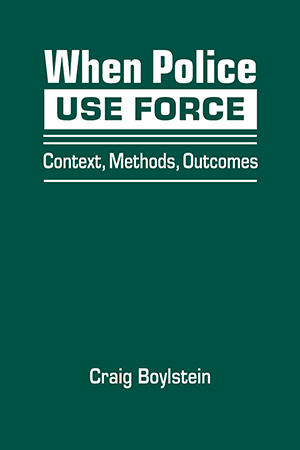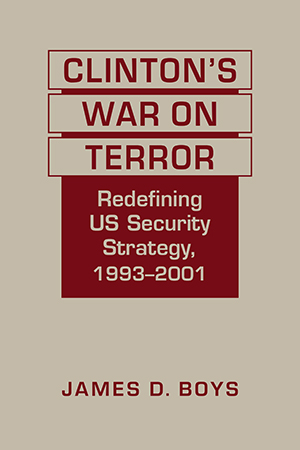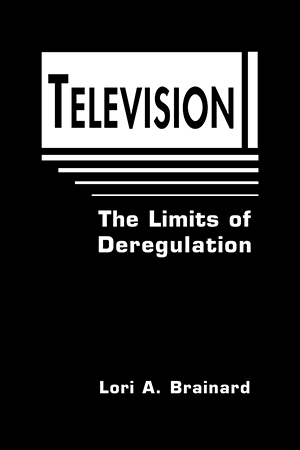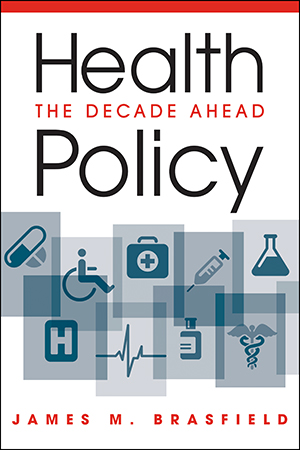US Politics (all books)
Even in local elections, money matters—but just how much? Drawing on multifaceted data from more than 700 races featuring 2,800 candidates, Brian Adams comprehensively investigates the More >
In eight of the past dozen presidential elections, TV networks proclaimed the winner while citizens on the West Coast, Hawaii, and Alaska were still casting ballots. Is this a problem? Do More >
How do US immigrants, who settle in places with varied political and social characteristics, find a place at the table in local politics? In particular, how do arrivals to smaller, More >
Why are some people in the United States securely housed, while others struggle to obtain and maintain stable homes? What beliefs, and their consequent policies, have led to these More >
Homelessness once was considered an aberration. Today it is a normalized feature of US society. It is also, argue Elizabeth Beck and Pamela Twiss, an industry: the embrace of More >
Conservatives and liberals agree that President Bill Clinton's effort to lift the military's gay ban was perhaps one of the greatest blunders of his tenure in office. Conservatives More >
Through case studies of two prison systems—the U.S. Federal Bureau of Prisons and the Dutch prison system—Arjen Boin identifies the challenges and opportunities that confront More >
The Other Elites features original essays that provide important insights for both presidential studies and the study of women in US politics. The contributors to this innovative book have More >
Are female office holders most acceptable when they most resemble men? Why has a woman never led the Department of the Treasury, or Defense, or Veterans Affairs? Reflecting on these and More >
From Providence, Rhode Island, to Sacramento, California, from Rockford, Illinois, to Albuquerque, New Mexico, what mayors do—and how they do it—is crucially important to More >
This guided tour of the inner workings of the election campaign process demystifies the often murky world of professional politics. Offering a unique blend of theory and practice, Inside More >
New technology has offered the public the opportunity to witness police use of force far more frequently than in the past—and has brought into sharp focus a number of big questions. More >
In the aftermath of the catastrophic attacks of September 11, 2001, President Bill Clinton's time in office was portrayed as one in which vital opportunities to confront growing threats More >
Despite a broad political environment conducive to deregulation, television is one industry that consistently fails to loosen government's regulatory grip. To explain why, Lori Brainard More >
James Brasfield explores the full gamut of health policy issues confronting the United States—ranging from Medicare and Medicaid, to the heated controversies surrounding health care More >



